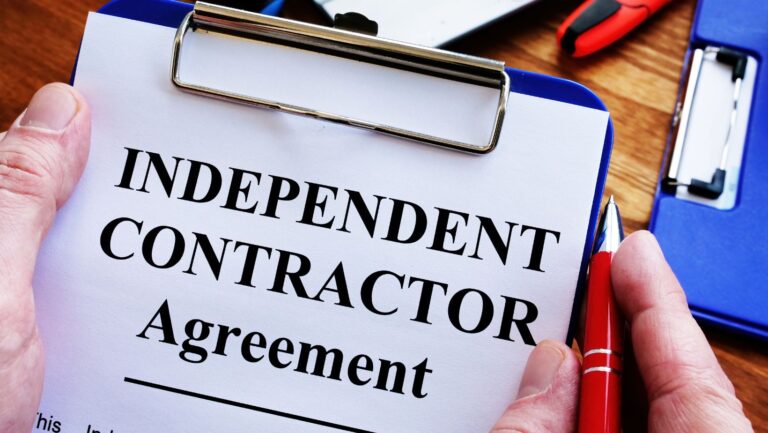Personal records are called personal for a reason. It’s because they relate to a specific individual, and the information they contain should not be for personal consumption. In a perfect world, the record would be destroyed with high-quality industrial shredders as soon as the information was used.
However, businesses need to retain records for a variety of reasons.
Monitor Progress
Personal records show a picture. A company can use these to see what kind of customer they are dealing with or how the business is developing. It’s easier to study this information digitally. But, sometimes, you need to refer to the original to confirm facts or even patterns of events.
Keep Track Of Finances
Personal records allow you to track your finances and understand where the money is coming from and where it is going. Being able to do this for a period helps establish trends and identify ways in which cash flow can be improved.
This applies to businesses and individuals.
Prove Contracts
Sometimes a business needs to prove it entered into a contract with another business or individual. The original document needs to be kept to show this contract and ensure it remains valid and enforceable.
While most contracts simply progress, if there is a complication of any sort, having the original makes it possible to prove the existence of the contract and enforce the rules agreed upon.
How Long To Keep Personal Records
Personal records don’t generally need to be kept forever. In most places, a personal record can be destroyed after seven years. This is deemed to be the time when the information is no longer relevant, and you won’t be asked to prove it exists.
However, you can’t simply shred everything after seven years. It is essential that you maintain some items permanently. That includes:
- Birth certificate
- Marriage certificate (if appropriate)
- Divorce certificate (if appropriate)
- Copies of essential ID documents
- Bank accounts and trust accounts – details, specifically the opening account forms
- Pension details
- Tax returns – in some cases, these can be disposed of after seven years, but it may be better to hold onto them
Deciding What Should Be Kept Permanently
The easiest way to decide whether something should be kept or shredded is to think about how often you use it, whether it has been used in the future, and whether it can be replaced.

Usage
In general, if you haven’t used or referenced the record in five years, you can safely destroy it. Providing it doesn’t fit into one of the following.
Future Use
Some documents, such as pension details, are intended to be kept forever as they won’t be used for many years. You probably haven’t looked at them in the last five years, but you will need them in the future to claim your hard-earned pension. Hang onto them.
Replacement
If it is not possible or difficult to replace a document, then you shouldn’t be shredding it. This definitely covers passports, birth certificates, and other similar documents.
If in doubt, it’s safer to hang onto it and keep long-term documents in a dedicated, safe place.




